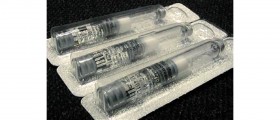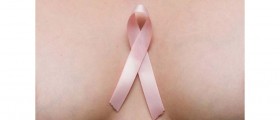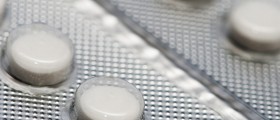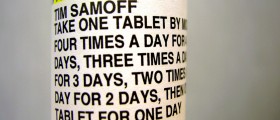Hi! and my daughter, aged 13, has a discharge from her breasts, very little, but it started a few weeks ago and happens daily, only once in general. The t-shirt does not get wet, only one or two very small yellow dots are visible. She has her period from 10 and a half years. Now she is in a period when her breasts are growing, you can see that they are bigger and she feels heavy and more painful. Those who have already posted here with the same problem, or those who have experienced the same thing, can you help me with information? Can this breast discharge be normal due to breast growth? thank you!
Loading...
Hello, Manuela.
The breast discharge in adolescent girls can be a concerning symptom for many parents. Here are some general points to consider:
-
Puberty and Hormonal Changes: Adolescence is a time of rapid growth and hormonal changes. These changes can sometimes lead to breast discharge. Since your daughter is experiencing breast growth, the discharge could potentially be related to these hormonal changes.
-
Galactorrhea: This is the term for milk-like discharge from the breasts that is not associated with childbirth or breastfeeding. Galactorrhea can be due to various reasons, including certain medications, hormonal imbalances, and other factors.
-
Pituitary gland issues: The pituitary gland releases a hormone called prolactin that can influence breast milk production. An overproduction of prolactin could result in breast discharge.
-
Other causes: Other possible reasons for breast discharge can include infections, cysts, ductal ectasia (a benign breast condition), and other conditions.
-
Color of Discharge: The color and consistency of the discharge can sometimes give clues as to its cause. Yellow, green, or brown discharge can be associated with ductal ectasia, while clear, milky, or bloody discharge might have different potential causes.
-
Other Symptoms: If the breast discharge is accompanied by other symptoms, such as lumps in the breast, pain, redness, warmth, or any other unusual symptoms, it's essential to seek medical attention promptly.
-
Consultation: It's essential to consult with a pediatrician or adolescent medicine specialist regarding your daughter's symptoms. They can provide a proper evaluation, diagnosis, and potential treatment options if needed.
So, can you tell me are there any other unusual symptoms?
Loading...
I did test for the girl s thyroid and they are fine. I went to the gynecologist and he says it is ductal ectasia. The secretion from the breast is generally brown in color. Now the menstruation is approaching,the breasts are bigger and the canals are more obvious. Her nipples are also turned, it s always like that, Are these all signs of ectasia?
Loading...
Hello again, Manuela.
Ductal ectasia, sometimes called mammary duct ectasia, is a condition where the milk ducts in the breast become wider and can sometimes get clogged with a thick, sticky substance. This can lead to nipple discharge that can be clear, green, black, or brown.
Some signs and symptoms associated with ductal ectasia may include:
- Nipple discharge: This can be one of the most common signs. The discharge can be of various colors.
- Tender or painful breast: The affected milk duct or surrounding tissue may become inflamed.
- A lump or thickening near the clogged duct: This can be felt in some cases.
- Nipple problems: The nipple might be pulled inward or become flattened.
- Redness or inflammation: The skin over the affected duct might look red or feel warm.
Breast changes can also be related to hormonal changes in the body, especially as a girl approaches menstruation. The growth and development of the breasts can lead to various changes in appearance and feel, including the enlargement of breasts and the prominence of milk ducts.
If your gynecologist diagnosed your daughter with ductal ectasia and you have concerns about the diagnosis or her symptoms, it would be a good idea to seek a second opinion, possibly from a pediatric endocrinologist or a breast specialist. Always prioritize your daughter's well-being and ensure she's getting the best care and information.
Loading...
















